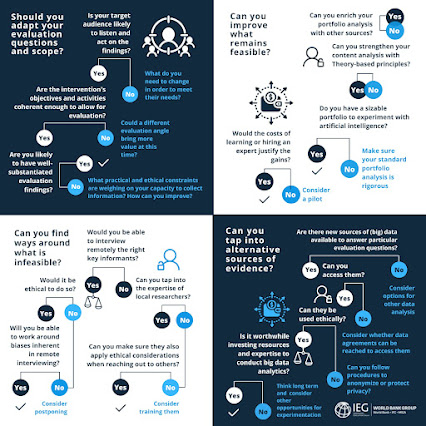covid-19 pandemic
One Year Into The COVID-19 Pandemic
Stories That Inspire Hope
Pakistan: Prioritizing Patients by Phone
Pakistan’s rural population, like so many people around the world, struggles to find affordable access to health services. Journeys into populated cities to seek care are costly – especially when multiple trips are required. And when the pandemic struck these problems were magnified.
But what if healthcare could be made more accessible? What if routine services could be conducted by phone?
That’s where Pakistani entrepreneur Maliha Khalid enters the story. She and her team run Doctory, a hotline service that helps patients avoid the multiple referrals often required for treatment by connecting people to the right doctor immediately. The innovative company, alongside six others, beat out 2,400 other applicants to win the World Bank Group’s SDGs & Her competition last year.
When the pandemic reached Pakistan, the Doctory team sprang into action, launching Pakistan’s National COVID-19 Helpline, connecting people across the country to fast, high-quality care – saving them countless amounts of time and money.
Kenya: Creating Sustainable Jobs for Youth
When the Kenyan government implemented lockdown measures to help contain the spread of COVID-19, the economic side effects were felt especially by poor communities.
Finding opportunity in crisis, the government created the National Hygiene Program – known colloquially as Kazi Mtaani (loosely translated as “jobs in our hood”) – which finds meaningful employment for the most vulnerable, especially youth, in jobs that improve their environments.
These programs include bush clearance, fumigation, disinfection, street cleaning, garbage collection, and drainage clearance.
Byron Mashu, a resident of the Kibera settlement, express his gratitude for the program, saying that it allowed youth to “fend for our families and settle our bills, but it is also ensuring that young people are less idle as they are engaged at work during the day which has significantly minimized crime rates in our area”.
The program was kickstarted through World Bank Group’s Kenya Informal Settlements Improvement Project, which has seen jobs created across 27 settlements in eight counties across the country.
Don Dante, a youth leader in the Mukuru Kwa Njenga settlement, told the Bank that as a result of the program, “We have seen the reduction of petty crimes and dependency on other people and our environs are clean”.
Given the project’s success and popularity, the Kenyan government is working to expand it using its own financing – extending jobs to 283,210 workers across 47 counties.





.jpeg)
Comments
Post a Comment